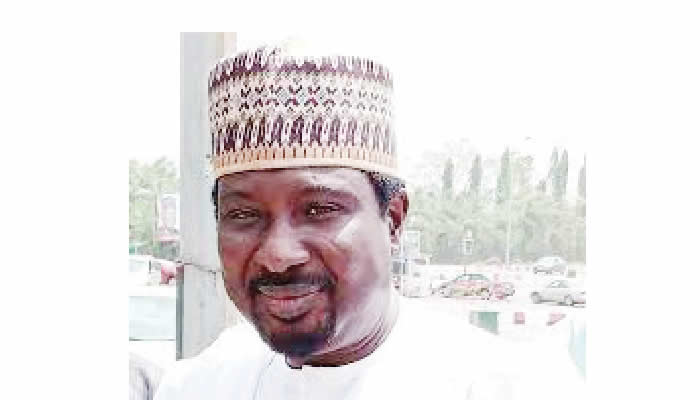The ongoing amendment of the 1999 Nigerian Constitution has reached a crucial stage, with the final draft set to be presented to State Houses of Assembly for ratification before the end of the year. Senator Jibrin Barawu, the Deputy Senate President and Chairman of the Senate Committee on Constitutional Review, emphasized the significance of this process, highlighting the constitutional requirement for public participation. The recent two-day public hearing in Lagos, focusing on the Southwest zone, served as a platform for citizens to voice their demands and contribute to shaping the future direction of the nation’s governance. He underscored that this review was not a mere formality, but a genuine effort to strengthen democracy and refine governance.
The dominant themes emerging from the Southwest public hearing centered around devolution of power, mirroring the successes of previous amendments that shifted certain responsibilities from the exclusive to the concurrent list, empowering state governments. Specific requests included state creation, establishment of state police forces, creation of additional local government areas, comprehensive judicial and electoral reforms, and the allocation of dedicated seats for women in both national and state legislatures. These proposals underscore the region’s desire for greater autonomy, enhanced security, and more inclusive representation within the political system. The successful devolution of powers in prior amendments and the positive impact on electoral reforms are seen as encouraging precedents for the current process.
Barawu emphasized the meticulous nature of the constitutional amendment process, designed to prevent arbitrary alterations without widespread consensus. He reiterated that the final draft, after parliamentary approval, requires ratification by two-thirds of the State Houses of Assembly before becoming law. This multi-layered approach ensures that any changes reflect the collective will of Nigerians and are not imposed by a select few. The ongoing review, driven by the aspirations of diverse stakeholders, promises to bring forth meaningful changes for the betterment of Nigeria.
While the National Assembly plays a central role in the amendment process, Senator Barawu urged proponents of specific constitutional changes to actively engage with their elected representatives to ensure alignment and avoid conflicting efforts. This collaborative approach is crucial for building consensus and maximizing the chances of incorporating desired changes into the final draft. The public hearings, including the one held in the Southwest, provide invaluable insights into the expectations and priorities of various segments of society.
Within the Southwest, there is strong support for the requests put forward during the public hearing. Speakers from the State Houses of Assembly confirmed their alignment with their national assembly counterparts on key issues, including legislative autonomy, local government autonomy, the creation of state police forces, the allocation of constitutional roles for traditional rulers, and reserved seats for women in legislative bodies. This regional unity strengthens the Southwest’s position in advocating for these changes during the next stages of the amendment process. The speakers pledged to lobby their counterparts from other geopolitical zones to garner the necessary two-thirds support in the State Houses of Assembly.
However, the constitutional review process is not without its contentious points. The Nigeria Labour Congress (NLC) voiced strong opposition to any proposal that would shift labour issues from the exclusive to the concurrent list. Such a move, according to the NLC, would empower state governments to determine minimum wages and other labour matters, potentially leading to the exploitation of workers and the erosion of nationally established labor standards. The NLC warned of staunch resistance to any attempt to dilute the federal government’s authority on labour issues. Other important recommendations included reforms to the judicial appointment process to ensure greater transparency and meritocracy. The call for the creation of new states also echoed through the public hearing, demonstrating the continuing desire for greater regional autonomy and representation within the Nigerian federation. The diverse range of proposals underscores the complexity of the constitutional amendment process and the need for careful consideration of all viewpoints to arrive at a balanced and widely accepted outcome.


